In today’s competitive business environment, organizations are under constant pressure to improve efficiency, ensure product quality, and enhance customer satisfaction. One of the most effective ways to achieve this is by implementing ISO 9001, the internationally recognized standard for Quality Management Systems (QMS). To meet industry requirements and improve career opportunities, professionals and organizations often pursue an ISO 9001 Certification Course and ISO 9001 Training.
What is ISO 9001 Certification?
ISO 9001 Certification is a globally recognized credential that verifies an organization’s ability to consistently provide quality products and services that meet customer and regulatory requirements. It emphasizes continual improvement, risk-based thinking, and customer satisfaction. Businesses across industries adopt ISO 9001 to streamline operations and build credibility with clients.
For individuals, achieving ISO 9001 Certification demonstrates expertise in quality management principles, making them highly valuable to employers.
ISO 9001 Training and Course Overview
An ISO 9001 Course is designed to equip participants with the knowledge and skills required to understand, implement, and audit a Quality Management System. Depending on the training level, courses can focus on internal auditing, implementation, or becoming a QMS Lead Auditor.
Key learning areas typically include:
Principles of ISO 9001 and quality management.
Understanding the structure and requirements of ISO 9001:2015.
Planning, conducting, and reporting QMS audits.
Risk management and process improvement strategies.
Roles and responsibilities of internal and lead auditors.
Completing ISO 9001 Training prepares participants not only to implement QMS but also to lead audits effectively in line with ISO standards.
QMS Lead Auditor Course
The ISO 9001 QMS Lead Auditor Course is one of the most sought-after programs for professionals in quality management. It provides in-depth knowledge of auditing techniques, ISO 19011 guidelines, and ISO/IEC 17021 requirements. With this certification, professionals can conduct first, second, and third-party audits.
Benefits of a Lead Auditor Certification include:
Enhanced career opportunities across industries.
Recognition as a certified professional capable of conducting external audits.
Improved confidence in handling compliance and regulatory requirements.
Ability to help organizations achieve and maintain ISO 9001 Certification.
ISO 9001 Certification Cost
The ISO 9001 Certification Cost varies depending on several factors, such as the size of the organization, the scope of certification, and the chosen certification body. For individuals, the cost of ISO 9001 Training or a Lead Auditor Course depends on the training provider, course format (online or classroom), and accreditation. While the investment may seem significant, the long-term benefits of ISO 9001 Certification—improved career prospects, global recognition, and organizational growth—far outweigh the costs.
Conclusion
Enrolling in an ISO 9001 Certification Course and pursuing ISO 9001 Training is a strategic move for professionals aiming to advance their careers and for organizations striving for operational excellence. The QMS Lead Auditor Course provides the expertise needed to conduct audits and guide businesses toward compliance and continuous improvement. Understanding the ISO 9001 Certification Cost helps both individuals and organizations plan effectively, ensuring they gain maximum value from the certification process.

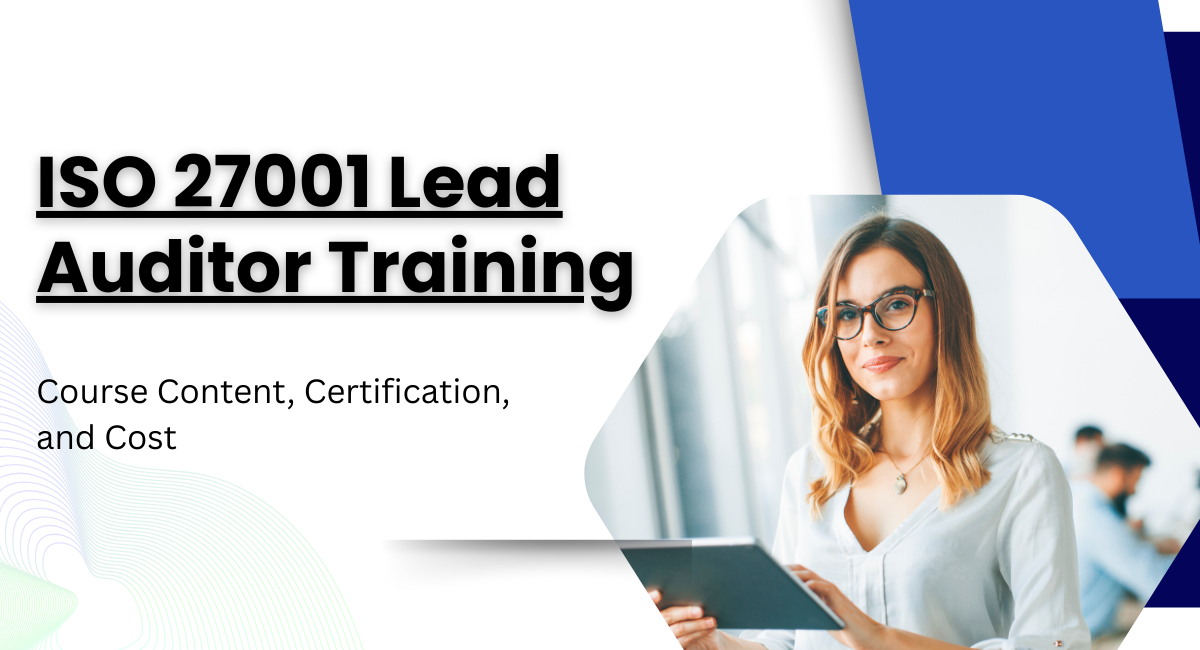
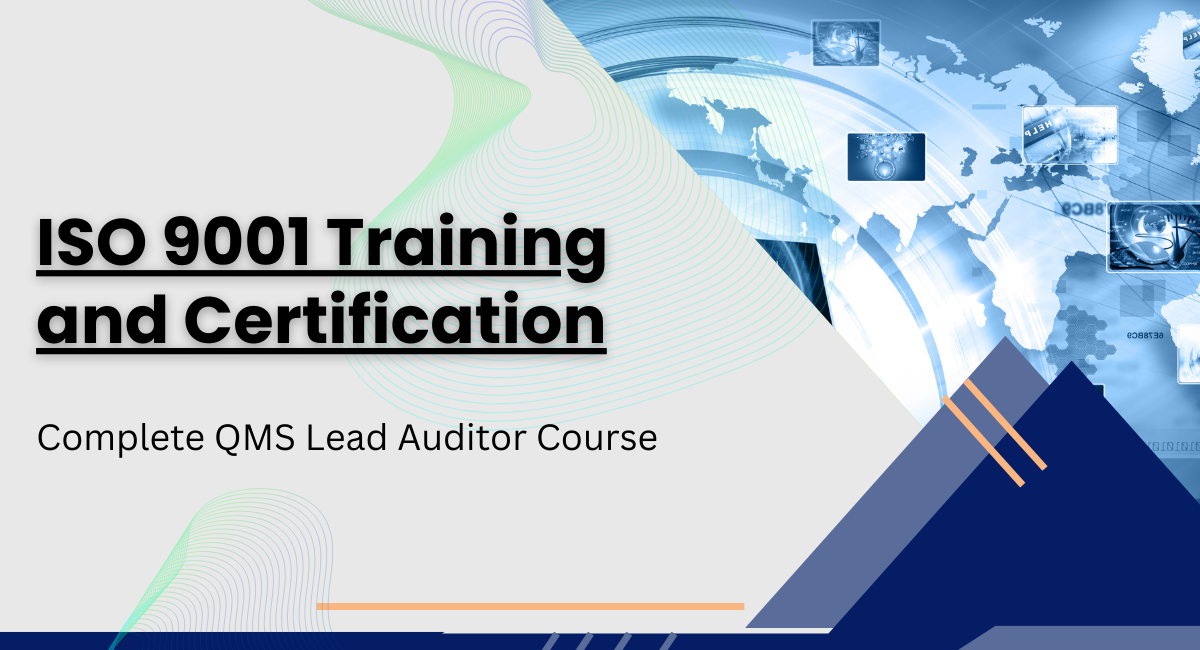
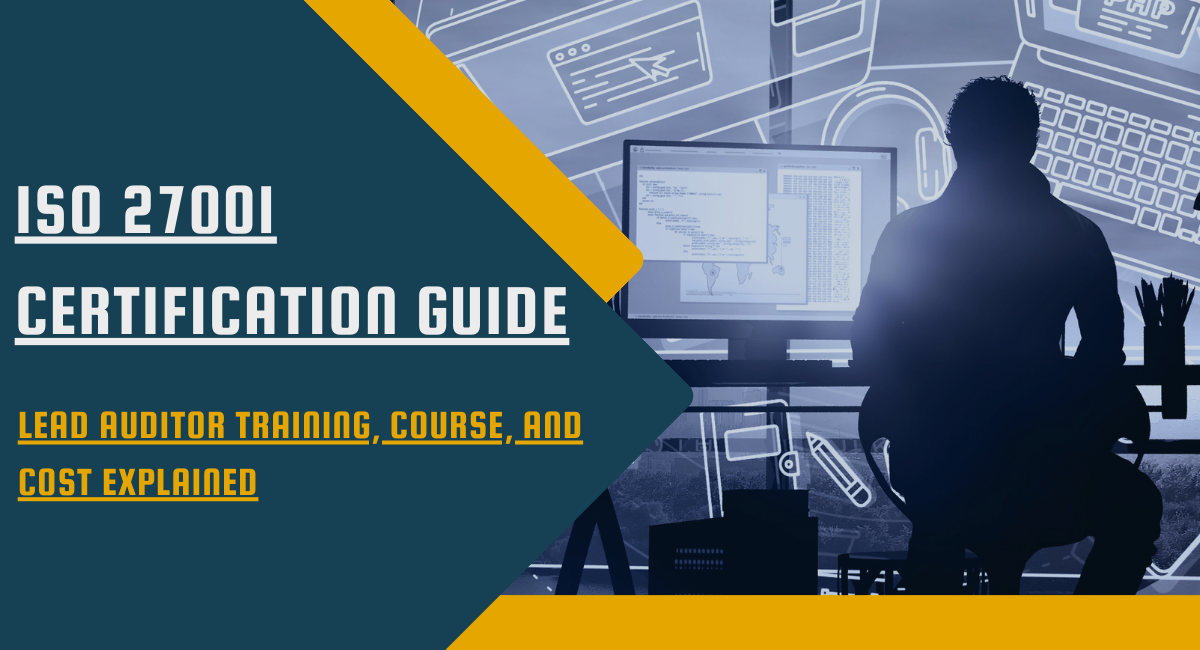
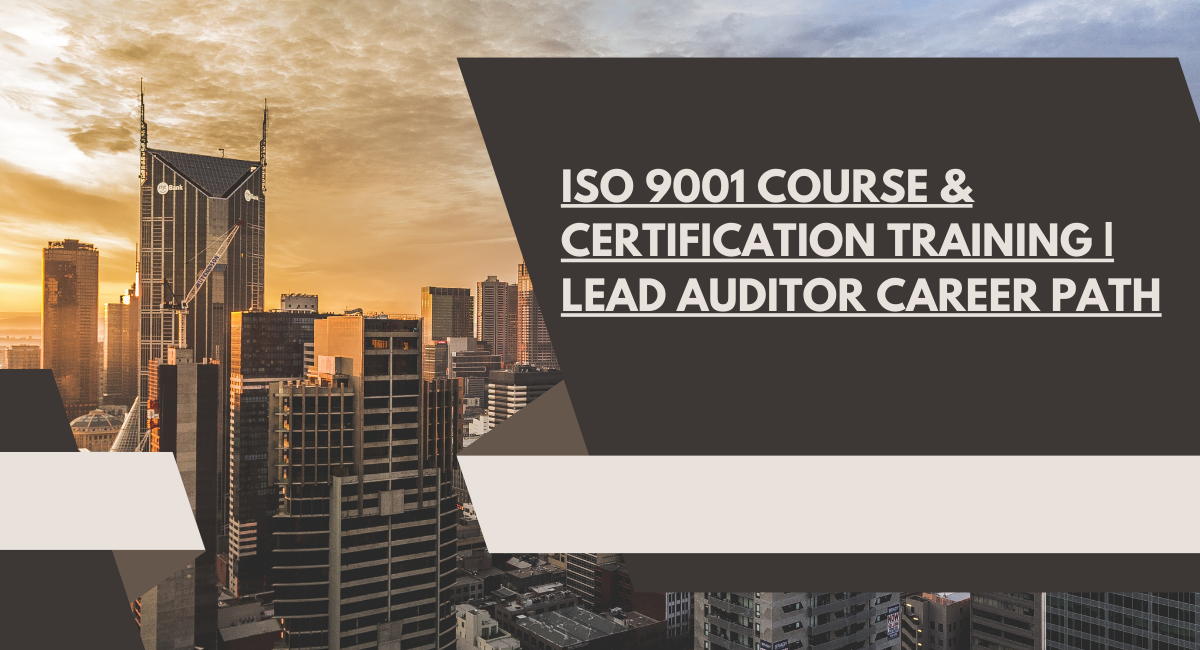
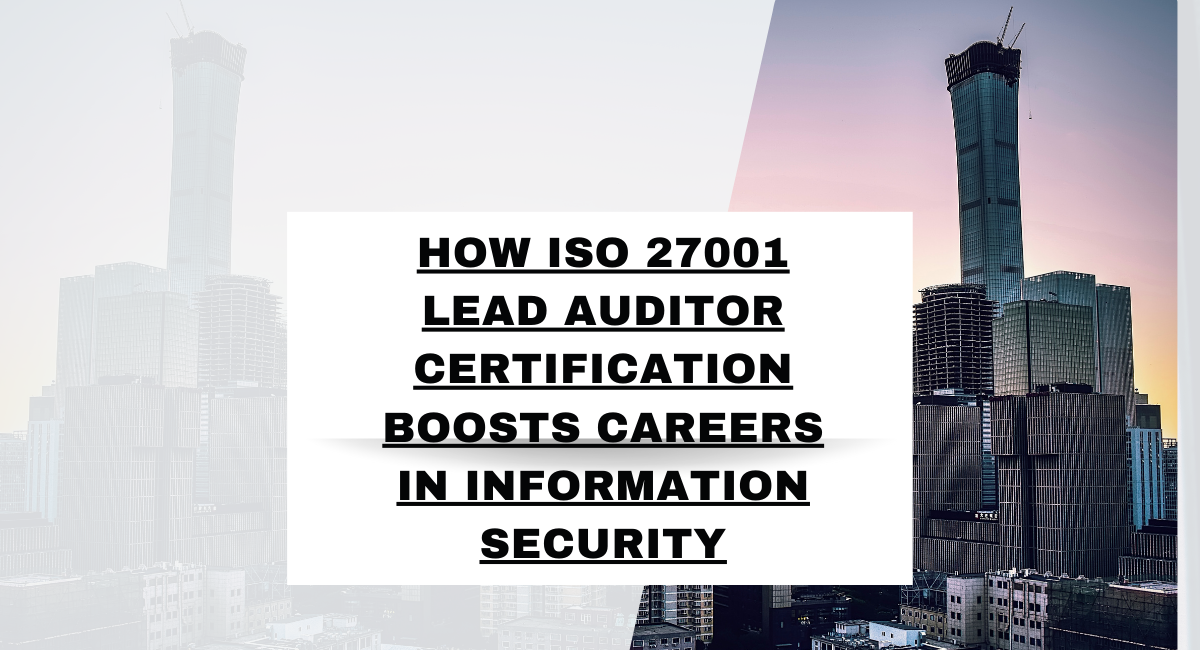

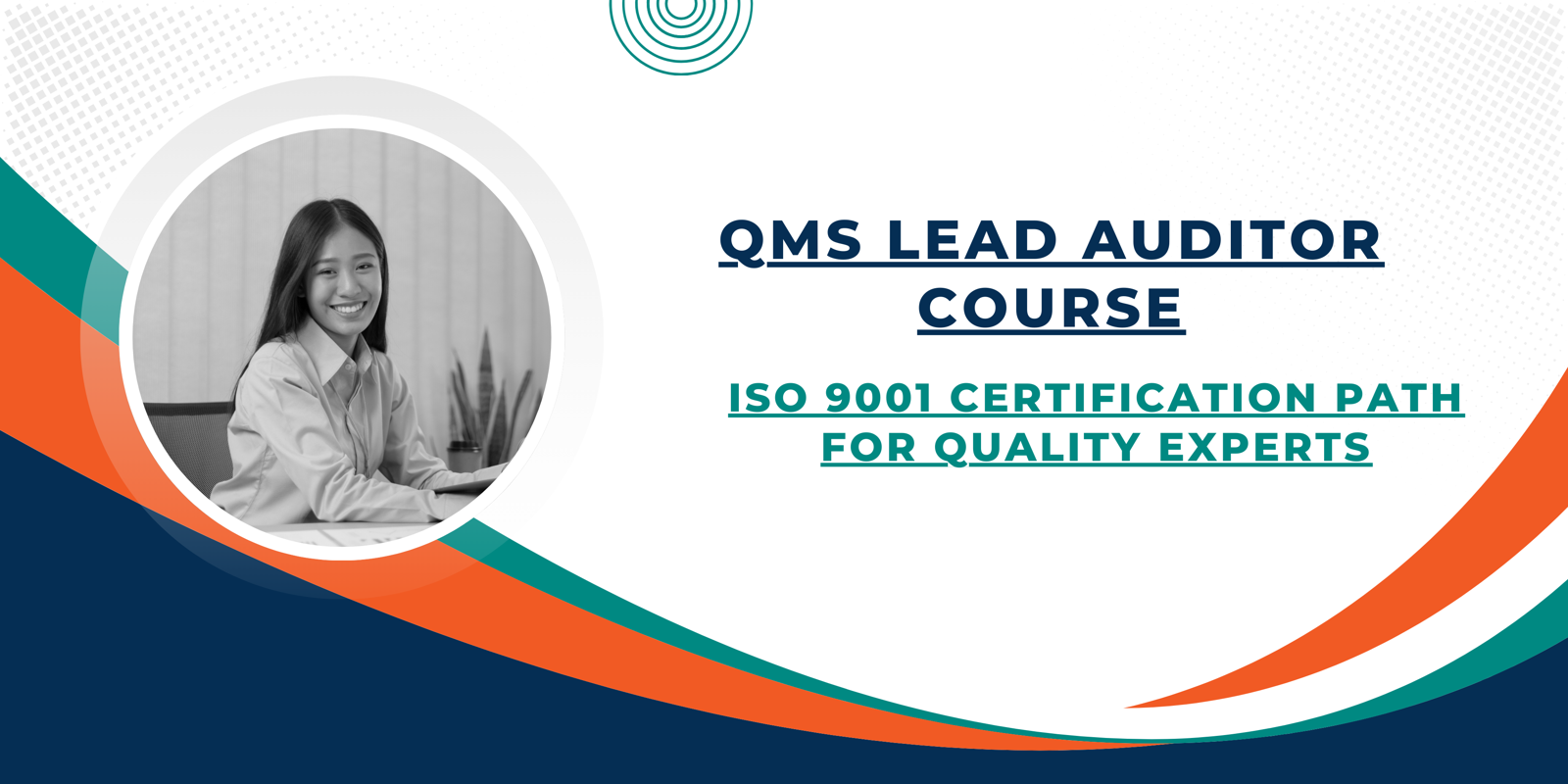

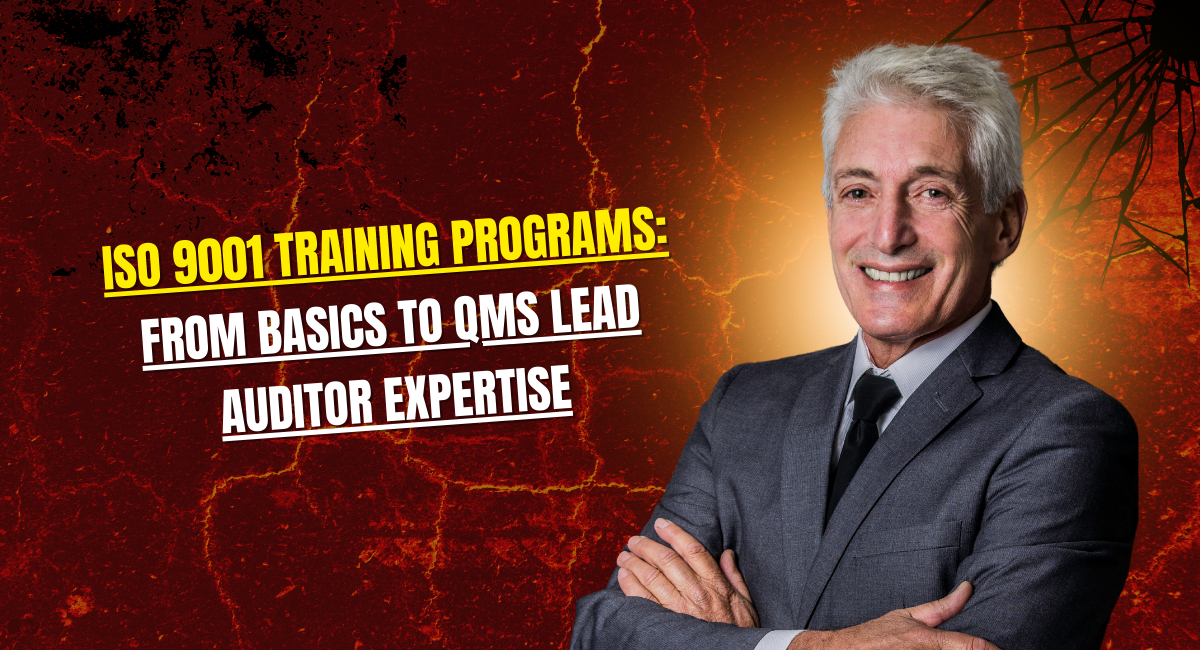

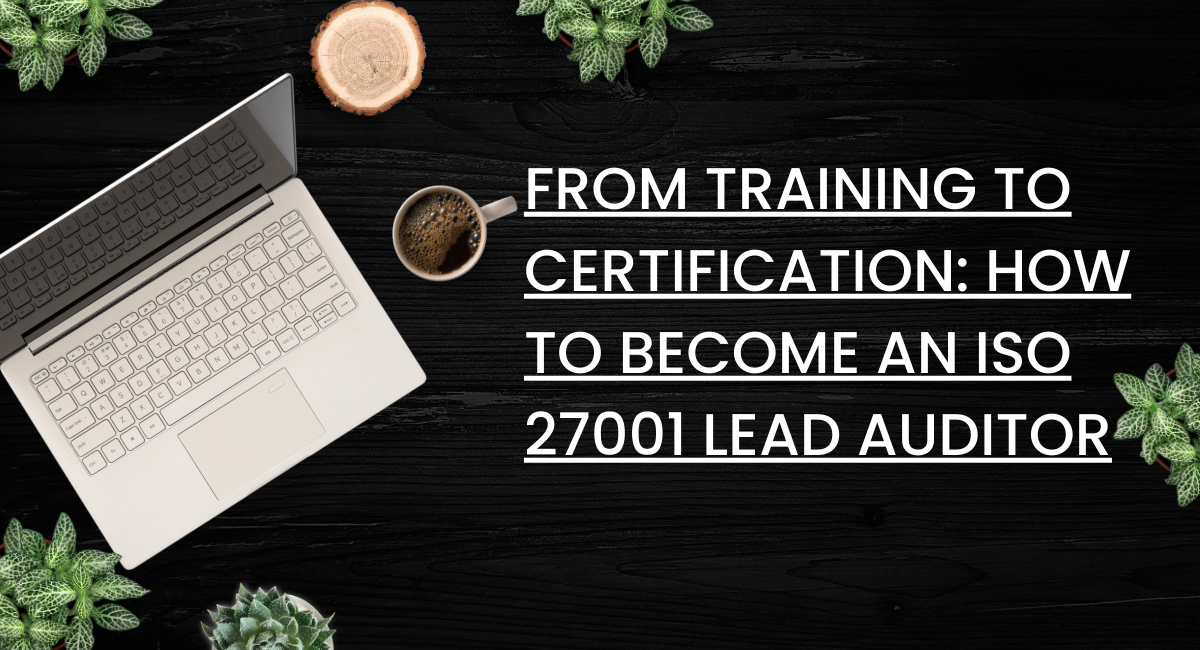
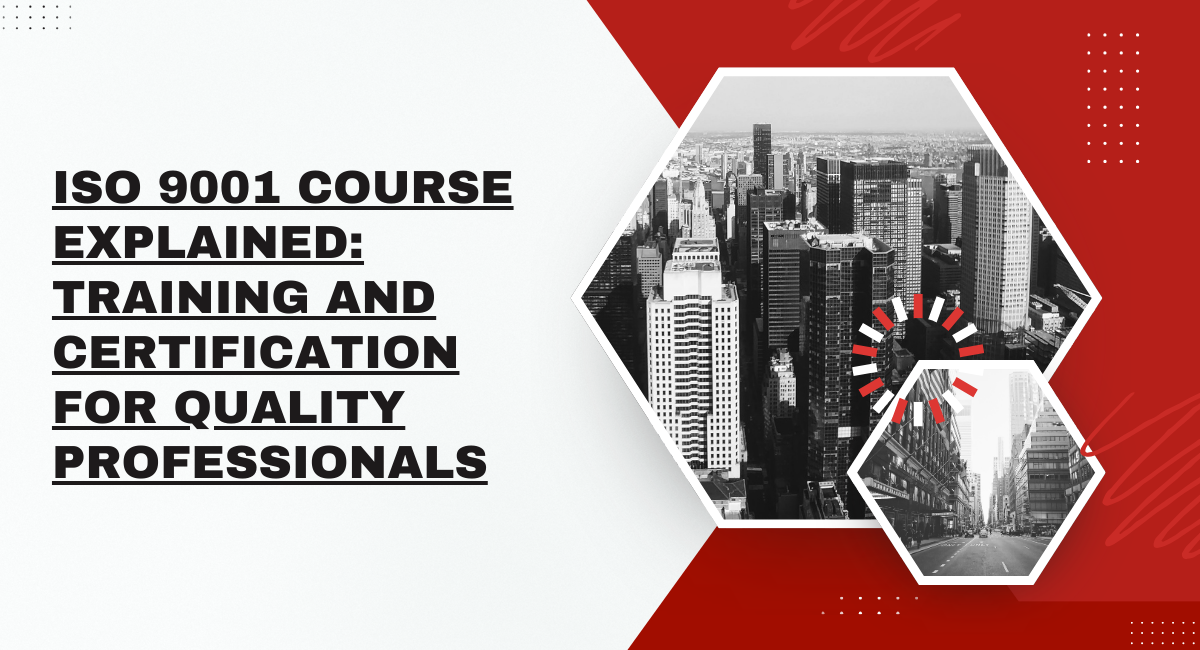


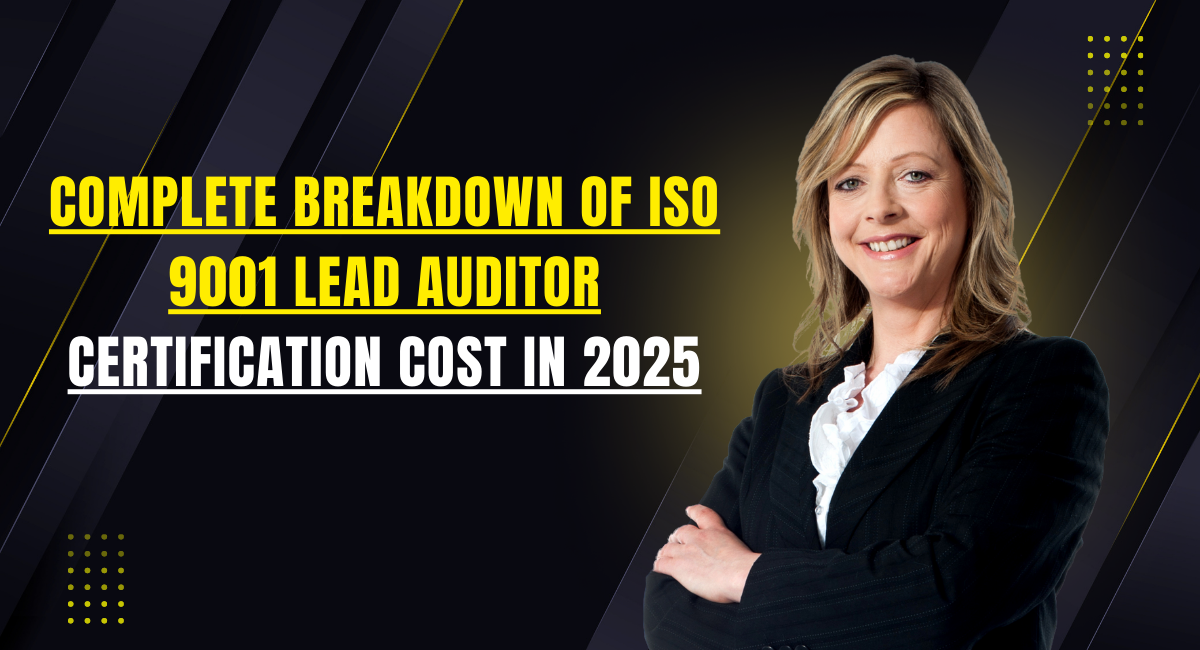


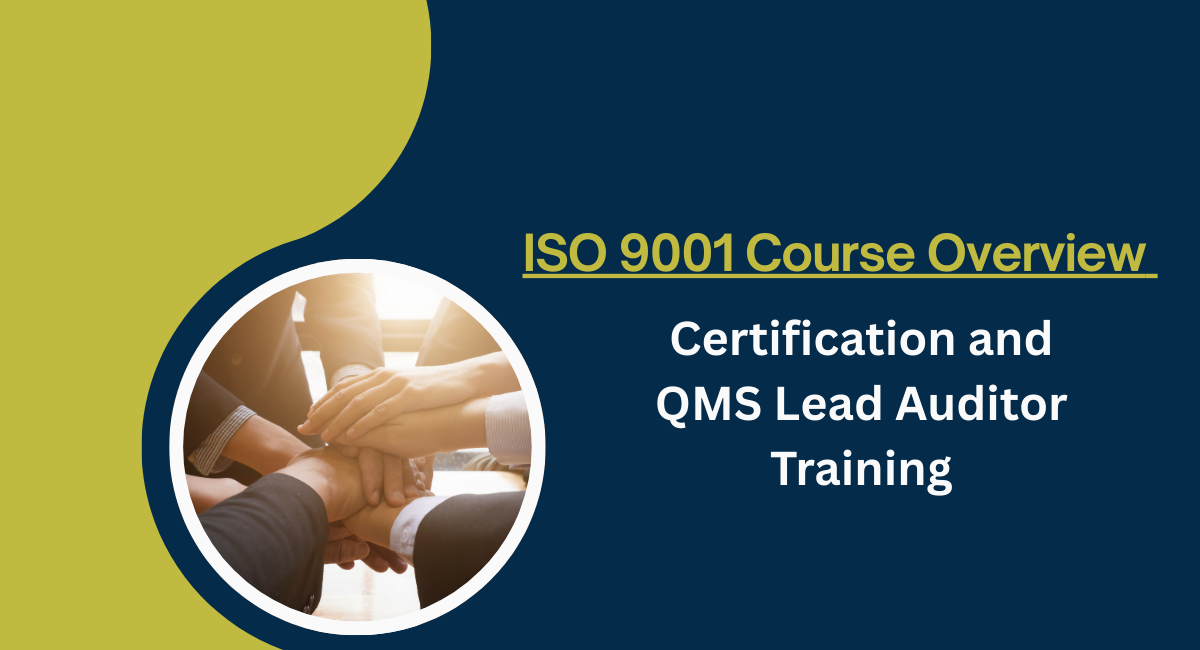

Write a comment ...